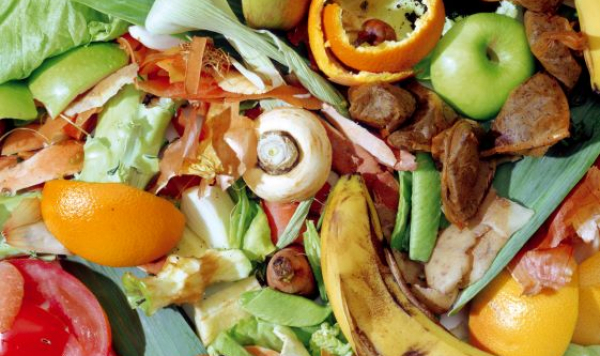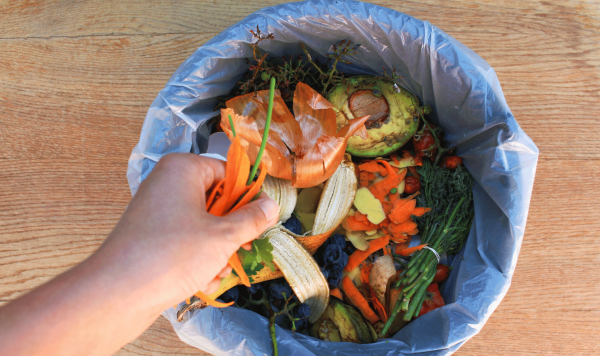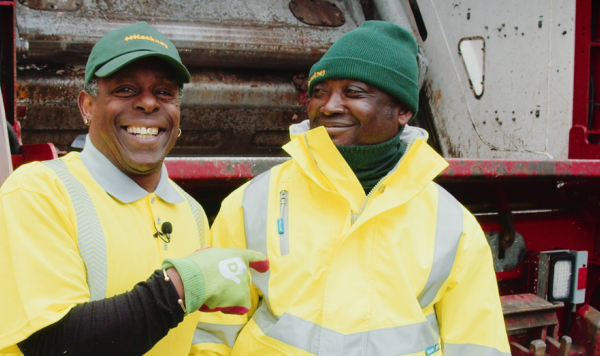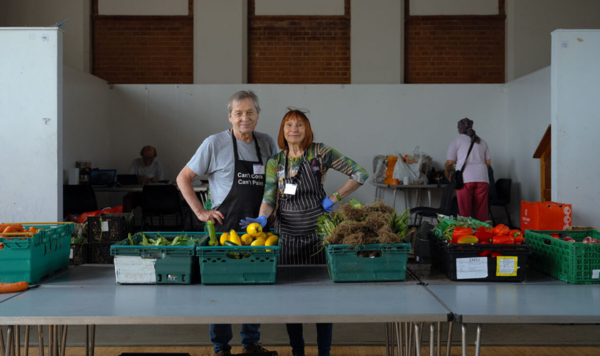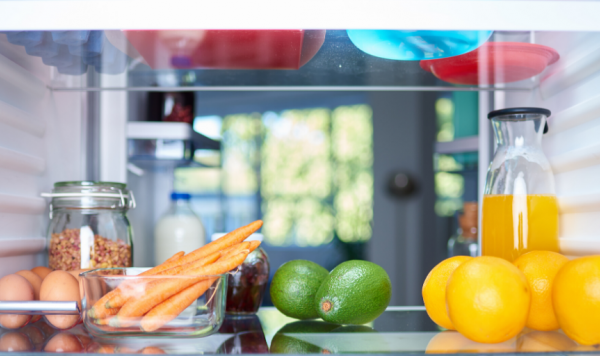Food waste is one the biggest sources of waste in north London and one of the most environmentally damaging. Every year, around 6.6 million tonnes of food waste is generated by UK households, 70% of which could have been avoided.
While it is best to prevent food waste from being generated at all, food waste collected for recycling can be used to generate green energy or compost.
Food waste services are available to lots of properties in north London. It is collected using either a food waste recycling bin, or can be placed in your garden waste bin. Check your local council for your collection day.
If you have a food waste recycling, you will probably also be provided with a smaller food waste bin, or ‘caddy’, in your kitchen, which can be emptied into the larger bin on collection day.
Emptying the caddy can be messy so it is best to use a biodegradable liner to contain the food waste and make it easier to clean. It is important to not use plastic bags as liners and to remove all plastic packaging from food waste, as this will contaminate the resulting compost or soil nutrients. Biodegradable liners may be available from your council in the North London Waste Authority (NLWA) area or can be purchased from shopping outlets such as garden centres and supermarkets.
What goes in your food waste bin?
It is possible to put most types of food in your food waste bin. For a full list of what food waste can and cannot be recycled, visit the food waste page on our A-Z of waste items.
Where does your food waste go?
The average family throws out 241.2kg of food every year.
Once food waste is collected, it is taken to an anaerobic digestion (AD) facility for processing.
The AD process sees food waste broken down by microbes in an oxygen-tight container to produce biogas and digestate, a nutrient-rich fertiliser. The biogas can then be used to provide heat and energy to households and the digestate can be applied to agricultural land, improving soil quality and returning organic carbon to the earth. Watch this video to learn more:
Visit the 'What happens to my recycling?' page to find out the end destinations for all of north London's recycling.


